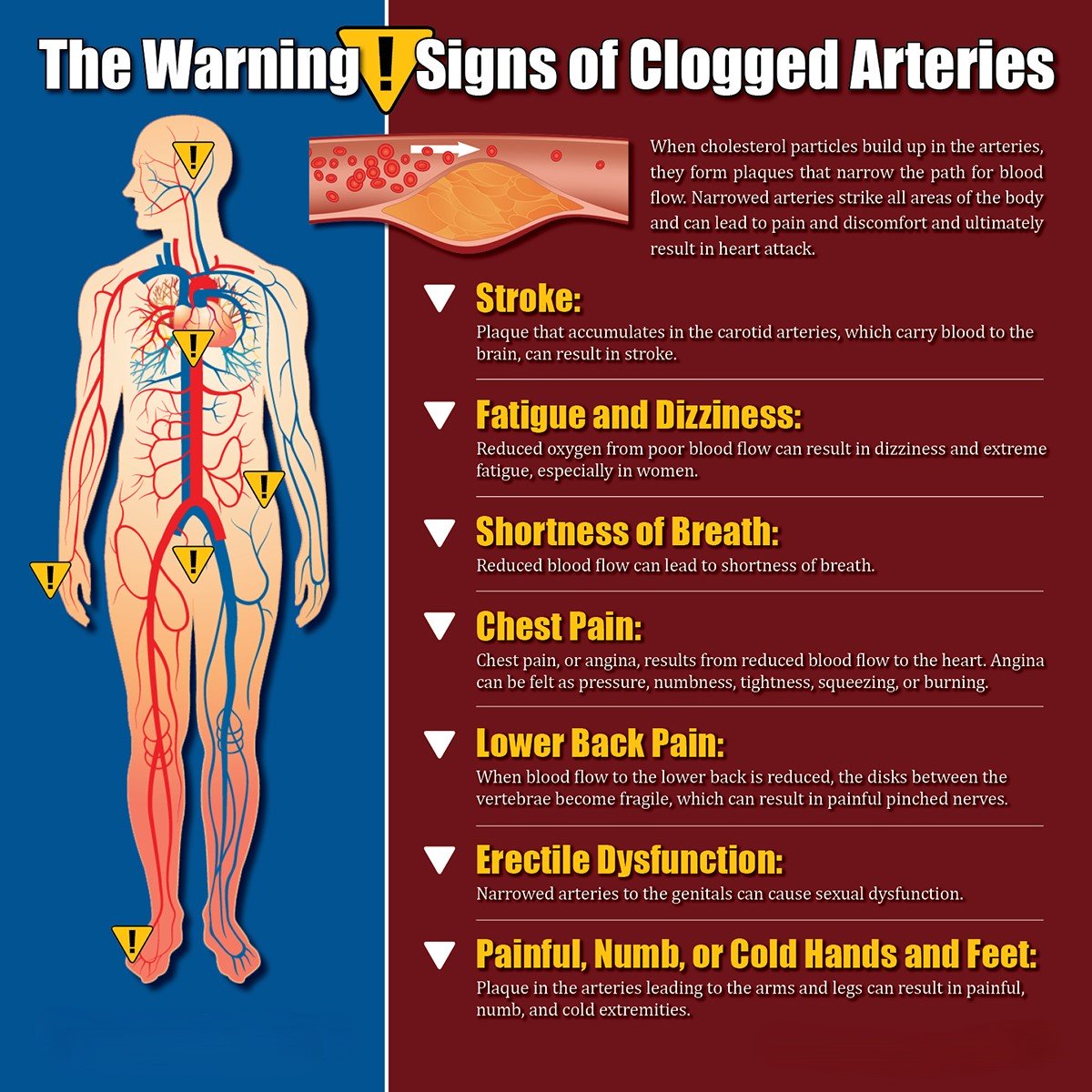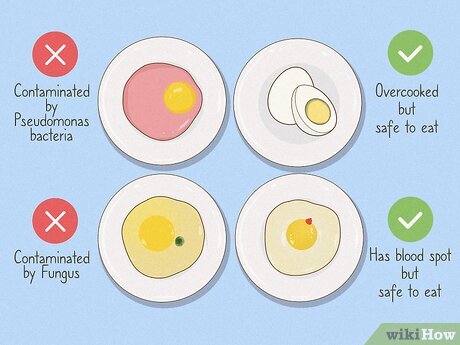What Are Blocked Heart Arteries? Understanding the Silent Killer
Blocked heart arteries, or coronary artery disease (CAD), are among the leading causes of heart attacks and cardiovascular complications worldwide. The build-up of plaque in arteries reduces blood flow, starving the heart of oxygen. But with awareness, early intervention, and lifestyle changes, the progression of arterial blockages can be slowed—or even reversed.
Early Warning Signs of Heart Blockage
Detecting symptoms early could save your life. Many people ignore subtle indicators that arteries may be narrowing. Here’s what to watch out for:
1. Chest Discomfort or Angina
-
- A feeling of tightness, heaviness, pressure, or burning in the chest.
- Typically triggered by physical activity or stress and relieved by rest.
2. Radiating Pain to Arm, Neck, or Jaw
-
- Pain may move from the chest to the left arm, neck, back, or jaw.
- Women may feel pain in the stomach, neck, or even between the shoulder blades.
3. Shortness of Breath
-
- Difficulty breathing during minimal physical exertion.
- A common sign of reduced oxygen supply to the heart.
4. Nausea, Heartburn, or Indigestion
-
- Women often mistake these as gastrointestinal issues.
- May be accompanied by sweating or dizziness.
5. Dizziness or Lightheadedness
-
- Feeling faint, especially when standing or moving suddenly.
- Often due to insufficient blood flow from partially blocked arteries.
6. Throat or Jaw Discomfort
-
- A lesser-known symptom but can be an early sign of a serious issue.
- Should not be dismissed if persistent and unexplained.
Dangers of a Complete Artery Blockage
When arteries become completely blocked, the consequences can be fatal without immediate intervention.
97% Vs 100% Blockage
-
- A 97% blockage allows some blood flow; symptoms may be manageable.
- A 100% blockage often causes a heart attack and requires emergency care.
Collateral Circulation
-
- The body may create alternate vessels (collateral arteries), but they’re insufficient under stress.
- These provide temporary relief but don’t prevent future complications.
Importance of a Stress Test
-
- Helps detect abnormal blood flow during exertion.
- Can signal blocked arteries before a heart attack occurs.
What To Do If You Notice Symptoms
Seek Medical Help Immediately
-
- Don’t wait. Persistent symptoms require an ECG, blood tests, and imaging.
- Delay increases risk of heart damage or sudden cardiac arrest.
Lifestyle Modifications
-
- Adopt healthy habits to reduce arterial plaque.
- Control risk factors like obesity, diabetes, hypertension, and smoking.
Routine Cardiac Checkups
-
- Recommended annually after age 40—or earlier if you have family history.
- Monitor cholesterol, triglycerides, blood pressure, and ECG.
Prevention: How to Avoid Blocked Arteries
Preventive strategies are often more effective and less costly than treatment.
Heart-Healthy Diet
-
- Eat More: Fruits, vegetables, legumes, whole grains, and omega-3-rich fish.
- Avoid: Trans fats, excessive sugar, red meats, and processed foods.
Exercise Regularly
-
- Aerobic Workouts: Walking, cycling, swimming (30–45 min/day).
- Strength Training: Twice weekly for weight and blood pressure control.
- Flexibility & Stress Reduction: Yoga, tai chi, and deep breathing exercises.
Manage Blood Pressure & Sugar
-
- Monitor levels at home or at the clinic.
- Lower sodium intake and avoid sugary drinks.
Stop Smoking & Limit Alcohol
-
- Tobacco use accelerates plaque buildup.
- Alcohol, if consumed, should be in moderation (1 drink/day for women, 2 for men).
Prioritize Mental Health
-
- Chronic stress leads to inflammation and arterial damage.
- Sleep 7–8 hours per night to support cardiovascular healing.
Medical Treatment Options for Blocked Arteries
Once diagnosed, your cardiologist may recommend one or more treatments.
Medications
-
- Statins: Lower bad cholesterol (LDL) and raise good cholesterol (HDL).
- Beta-blockers: Reduce heart strain and control heart rate.
- Blood Thinners: Prevent clot formation.
- ACE Inhibitors/ARBs: Help lower blood pressure and protect arteries.
Lifestyle Interventions
-
- Dietitian-designed meal plans.
- Cardiac rehabilitation programs.
- Fitness coaches for heart-safe exercise routines.
Surgical Treatments
-
- Angioplasty & Stenting: Opens narrowed arteries with a balloon and metal stent.
- Bypass Surgery: Creates new pathways using vessels from other body parts.
- Valve Repair or Replacement: If heart valves are damaged.
Emerging Therapies
-
- Stem Cell Therapy: Experimental use to regenerate heart tissue.
- Wearable AI Monitors: Detect arrhythmias and early blockages in real-time.
Nutrition for Heart Health
Your plate plays a major role in your arterial health.
Foods That Help Clear Arteries
-
- Leafy Greens: Kale, spinach – rich in nitrates and antioxidants.
- Berries: High in flavonoids to reduce inflammation.
- Oats & Whole Grains: Help reduce LDL cholesterol.
- Nuts (Almonds, Walnuts): Provide healthy fats and fiber.
- Fatty Fish: Omega-3s improve heart rhythm and lower triglycerides.
Foods to Avoid
-
- Processed Meats: Increase cholesterol and sodium levels.
- Trans Fats: Found in margarine and many fast foods.
- Sugary Drinks: Raise blood sugar and insulin resistance.
- Excess Caffeine & Alcohol: Can trigger irregular heartbeat.
Fitness Routines for a Healthy Heart
Aerobic Exercises
-
- Walking, jogging, cycling for endurance.
- Minimum: 150 minutes/week of moderate-intensity or 75 minutes of high-intensity.
Strength Training
-
- Build muscle mass and improve metabolism.
- Try resistance bands, light weights, or body-weight routines.
Flexibility & Mind-Body Practices
-
- Yoga: Improves circulation and reduces cortisol levels.
- Tai Chi & Meditation: Aid in managing blood pressure.
Maintaining Cardiovascular Wellness Long-Term
Monitor Key Health Metrics
-
-
- Track your heart rate, BP, blood sugar, and cholesterol.
- Use apps or smartwatches for regular updates.
-
Stay Hydrated & Well-Rested
-
-
- Dehydration and poor sleep can trigger heart irregularities.
- Aim for 2–3 liters of water and 7–9 hours of sleep daily.
-
Build a Support System
-
-
- Join cardiac support groups or online communities.
- Engage family and friends in your health journey.
-
Be Consistent
-
-
- Small, sustained efforts (daily walks, diet swaps, stress breaks) bring long-term protection.
-
When to Consult a Cardiologist
- Persistent chest pain or discomfort.
- Unexplained fatigue or shortness of breath.
- Palpitations or irregular heartbeat.
- Family history of heart disease.
- High cholesterol, diabetes, or high BP.
Your heart is a muscle that needs constant care—what you do today determines its strength tomorrow.
Final Thoughts: Take Control of Your Heart Health
Recognizing symptoms of blocked heart arteries is the first step. Prevention through diet, exercise, stress management, and regular checkups is not just an option—it’s a necessity. With medical advances and holistic wellness approaches, heart health is more achievable than ever.




